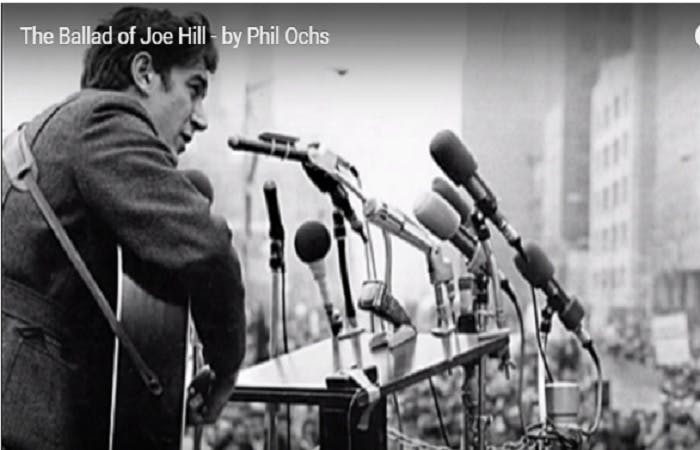Does anyone anymore know what the meaning of Labor Day is?
Established as a federal holiday more than 100 years ago, the first Monday of September was designated by Congress to recognize, in the words of the U.S. Labor Department, “the social and economic achievements of American workers.”
Not that long ago, every sizable community commemorated the day with a parade and speeches by elected officials and others. Following tradition, many communities and their local labor unions sponsored picnics, concerts and the activities that go with these family events. Indeed, the first Labor Day parade, held in New York City in 1882, was attended by thousands of unionists and laborers who were encouraged to bring their families to enjoy the activities.
Over the years, hastened by the decline of unions and the commercialization of most holidays, Labor Day increasingly became the symbolic end of summer.
Yet it remains as the Labor Department says, “a yearly national tribute to the contributions workers have made to the strength, prosperity, and well-being of our country.”
As you fire up the barbecue this afternoon and get those hamburgers, steaks and veggie burgers ready, pause for a moment to reflect on the progress American labor has made since the sweatshop days of the 19th and early 20th century. In many places in the world, those conditions still exist.
And, if you are so inclined, pump out a few Labor Day songs. Bill Moyers’ website has a collection of what one curator thinks are the 10 best songs. Dolly Parton’s among them, as are those now deceased balladeers, Pete Seeger and Woody Guthrie.
